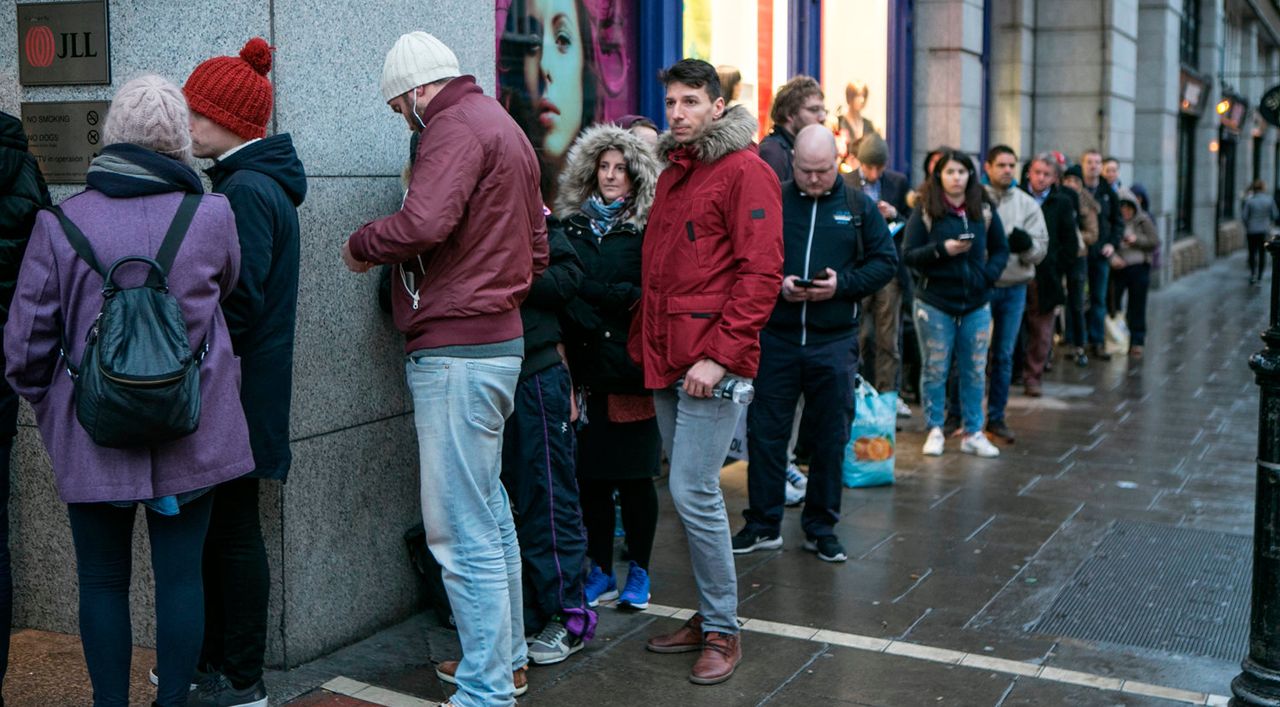UK Set to Outlaw Above-Face-Value Ticket Resales
UK Set to Outlaw Above-Face-Value Ticket Resales
By
Junia Wells
Last updated:
November 19, 2025
First Published:
November 19, 2025

Photo: The Irish Independant
The UK government is preparing to enforce a nationwide ban on reselling concert, sports, and theatre tickets above their original face value, marking one of the most aggressive moves yet to protect consumers in the live-events market. Multiple British media outlets confirmed that the legislation will be unveiled on Wednesday, targeting years of frustration over inflated resale prices, bot-driven purchasing, and lack of transparency across ticket platforms.
The initiative builds on pre-election promises by the Labour Party under Prime Minister Keir Starmer, who had pledged to crack down on bulk buying and automated bots that often wipe out primary ticket sales within seconds. Pressure has intensified in recent weeks as prominent artists including Dua Lipa, Sam Fender and Coldplay publicly called for strict action to protect fans from overpriced resale listings.
Shares of StubHub fell sharply on the news, while Live Nation — which owns Ticketmaster and is already facing regulatory scrutiny in the United States — said it fully supports the government's decision.
What the New Rules Will Cover
According to officials, the legislation will introduce a complete ban on ticket resales above face value. It will apply across concerts, major sporting events and theatre productions, effectively targeting the secondary market that has long been criticized for enabling price inflation.
The rules are also expected to cap platform fees and close loopholes that allow sellers to bypass price limits through add-ons or hidden costs. A government inquiry earlier in 2025 had considered allowing a resale markup of up to 30 percent, but recent political and public pressure pushed policymakers toward a far stricter approach.
The Department for Culture, Media and Sport estimates that the new law could reduce the average secondary-market ticket price by up to $48, offering meaningful financial relief to fans who often face triple-digit markups.
Housing Secretary Steve Reed said the government “was committed to outlawing it,” highlighting that the reform is part of a broader consumer-first agenda.
Market Reaction and Industry Impact
Ticket reseller StubHub saw its shares drop nearly 6 percent on Tuesday and more than 37 percent over the past week, driven by uncertainty after the company declined to issue guidance during its latest earnings report. The anticipated UK ban adds further pressure to an already volatile outlook for secondary ticketing platforms.
Live Nation’s shares dipped in line with broader market trends, though the company released a statement supporting the upcoming ban. Ticketmaster already restricts all resale within the UK to face-value pricing, and the company urged global regulators to adopt similar measures. It described the reform as “another major step forward for fans — cracking down on exploitative touting to help keep live events accessible.”
The changes align with growing international scrutiny. In the United States, regulators are targeting deceptive fee structures and the use of bots to secure large ticket batches before fans can purchase them. During Taylor Swift’s “Eras Tour,” the average resale price soared above $1,000, fueling public outrage and prompting calls for deeper oversight.
Music producer Jack Antonoff recently criticized comments from Live Nation CEO Michael Rapino, who claimed concert tickets were underpriced. Antonoff argued that selling tickets above their printed value should be illegal, echoing increasing dissatisfaction within the industry.
A Turning Point for the Ticketing Industry
These developments come as the Federal Trade Commission continues its lawsuit against Live Nation and Ticketmaster over alleged illegal resale practices. The Justice Department has also pursued an antitrust case seeking to break up the company over accusations of market dominance and anti-competitive behavior.
With mounting pressure for transparency and fairness across music, sports and touring, the UK’s decision could set a global precedent. Fans, artists and regulators alike are now watching closely to see how the new restrictions reshape the ticketing landscape and whether similar measures will spread internationally.
Popular articles
Subscribe to unlock premium content
How Adults Are Paying to Experience Silent Daylong Festivals for Mindfulness

The Rise of Ultra-Personalized Scent Memory Experiences Using Olfactory Therapy

Why Some Millennials Are Paying for One-Day Luxury Survival Challenges in Nature

How Adults Are Paying to Experience Silent Daylong Festivals for Mindfulness

The Rise of Ultra-Personalized Scent Memory Experiences Using Olfactory Therapy

How Adults Are Paying to Experience Silent Daylong Festivals for Mindfulness







.png)

